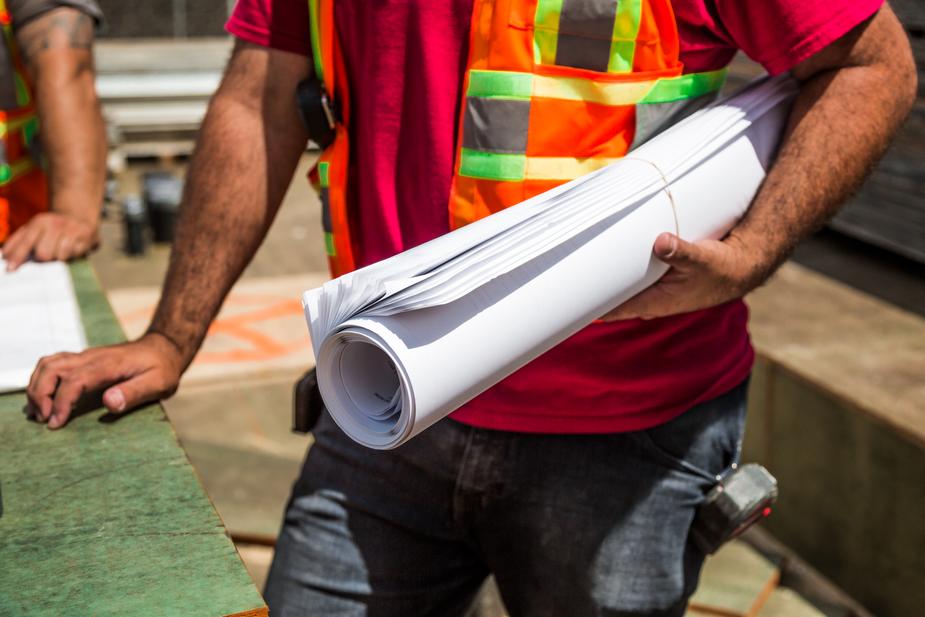“Why do I need a lawyer in my Workers’ Compensation case?”
Lots of reasons, actually.
First, you’re dealing with an insurance company that is assessing your claim. Sometimes they will pay you, sometimes they won’t. Sometimes they will pay for awhile and then stop. Sometimes they will approve medical treatment, sometimes they won’t. They do this because they know the rules and how to manipulate them. Now, you might call them and get them to do something you want them to do, but you might not. Then what do you do?
We know how to deal with the insurance carriers. We know their rules, their tricks, their obligations and their duties. We also know YOUR rights, and how to fight for them. We know when to call the carrier, who to speak with and how to speak their language. So we understand how to get them to do what you need them to do.
But even that doesn’t work all the time. So we have to go to court.
Now, imagine you go to a hearing at the Workers’ Compensation Board without a lawyer. You figure, this should be pretty simple; I just want the insurance company to pay what I’m entitled to receive. After all, you’re out of work because of a work related injury, so they’re going to pay, right? And then you hear the judge say something like this:
“OK, counsel, is this an accepted claim? What is the ANCR? Is there PFME for anything else? Have you filed a FROI or SROI form? Is a C-240 in the ECF? Yes? Then what is the AWW? Has an IME been performed? And how about these C-8s? Now, I do see an MG-2, but is there a denial?”
You’re response is probably, “What in the world does all that mean? I don’t understand any of it!” Don’t feel bad. I felt pretty much the same way when I went to my first Workers’ Compensation hearing, and I was already a lawyer for several years at that point. But the bottom line is that without an experienced Workers’ Compensation lawyer to represent you, it’s possible that not only will you not know what to do, but you may have a hard time even understanding what everybody is talking about. Some people say that Workers’ Compensation lawyers speak another language. I guess it’s hard to deny that’s true.
Still not convinced? Let’s say you get through your hearing, but the judge orders you to take testimony of the doctors. This is a fairly common occurrence in Workers’ Compensation cases; our office does about 10 depositions each week, at least. Even if you know what a deposition is, can you figure out how to schedule one? Do you know what questions to ask? More importantly, are you aware there are questions you should NOT ask? Are you familiar with the Workers’ Compensation medical guidelines for treatment or assessing a permanent impairment, and can you interpret them in accordance with previous cases decided by the courts?
There are a million things, some little, some huge, that a lawyer can do to help in a Workers’ Compensation case. The situations I listed here are only a few of them. And while there is no law which requires you to hire one, if you’re not convinced by now, I’ll just remind you of this old saying: A person that represents himself in a legal matter has a fool for a client.
Do the smart thing. Hire a Workers’ Compensation lawyer to represent you in your case.
